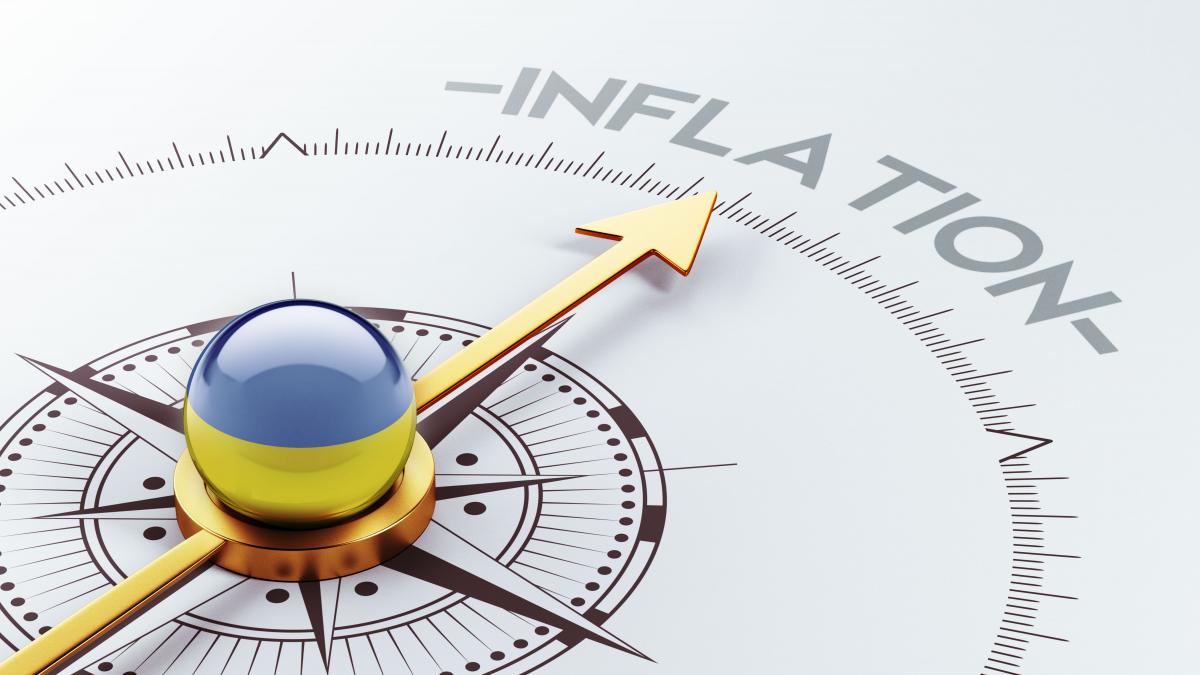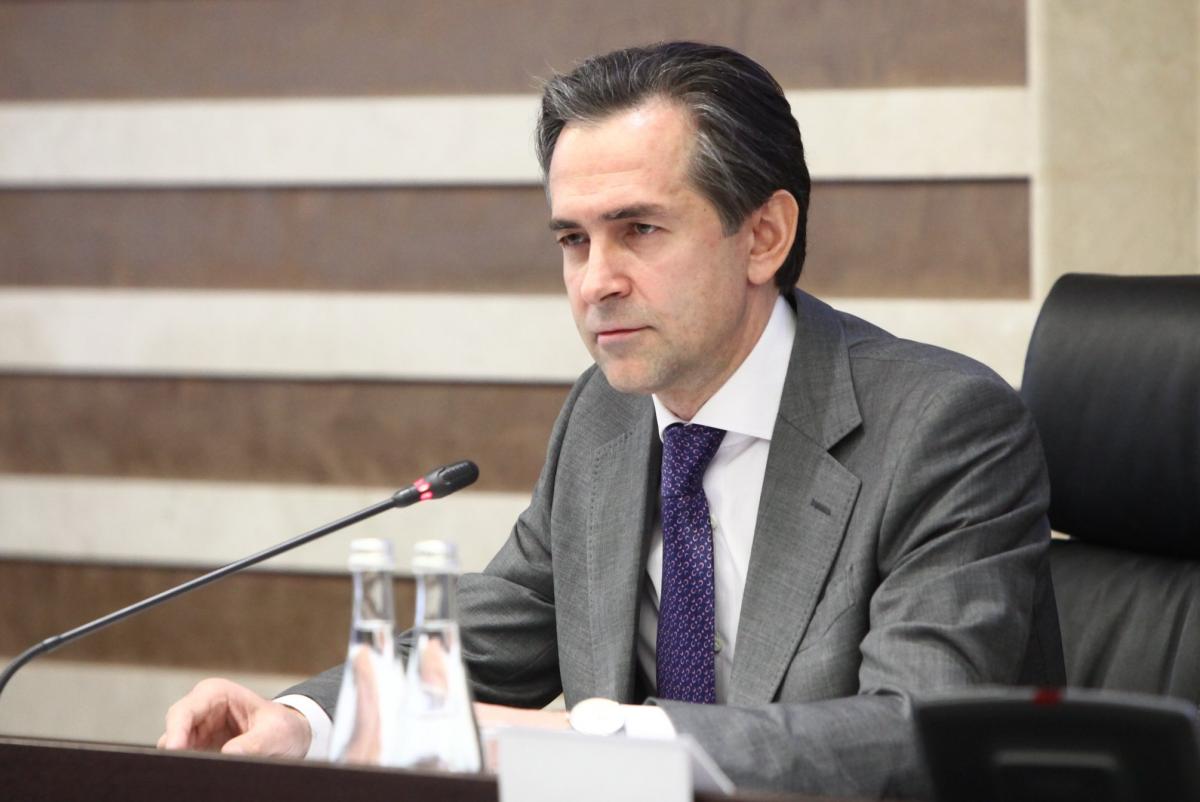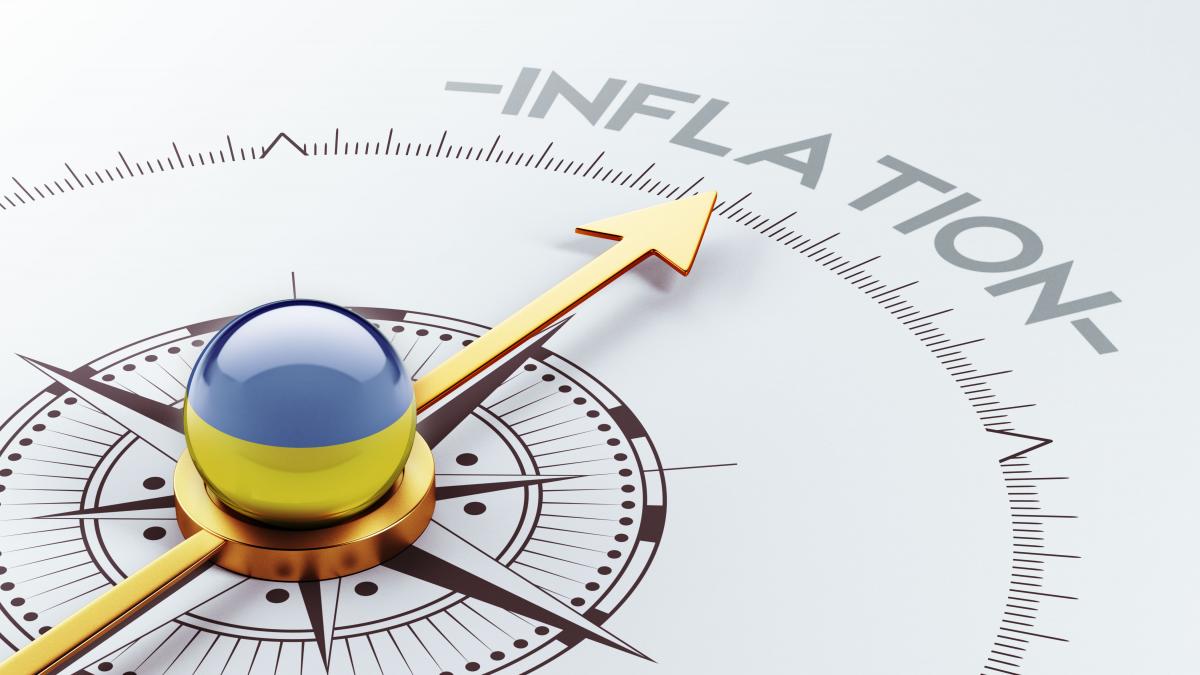
Week's balance: Rada protects foreign currency borrowers, Cabinet appoints tax chief, National Bank raises key rate
The Verkhovna Rada protected foreign currency borrowers and extended customs clearance of cars with foreign plates, the Cabinet appointed Oleksiy Lyubchenko head of the Tax Service, while the National Bank raised the key rate to 7.5%d– these are the key economic developments of the outgoing week.
The end of the outgoing week brought encouraging news on Ukraine's fight against the coronavirus pandemic. Health Minister Maksym Stepanov said the country had reached a peak of COVID-19 incidence and that now the situation was gradually stabilizing.
Authorities in the number of regions eased "red" zone restrictions to the orange level. After Ivano-Frankivsk and Zakarpattia regions left the red zone last weekend, now Chernivtsti region is about to follow in their footsteps.
This doesn't apply to Kyiv though where lockdown has been extended until April 30. In addition, this week Poltava and Kharkiv regions also got into the "red" quarantine zone.
Thus, as of mid-April, 12 regions and the City of Kyiv are in the "red" zone.
Meanwhile, the growing threat to national security due to Russia pulling troops to the Ukrainian borders is further complicating the already difficult situation. While President Volodymyr Zelensky tries to defuse tensions by negotiating with the leaders of the United States, France, and Germany, Russian aggressive actions are already affecting the Ukrainian financial system.
"Before the amassing of Russian troops in the east, non-resident investors were actively buying domestic government bonds. Unfortunately, Russia's provocative actions at the borders have worsened investors' assessments of the prospects for the Ukrainian market. At the moment, there is little demand from non-residents," said Yuriy Gelety, Deputy Governor of the National Bank.
Legislators help foreign currency borrowers, ease customs clearance of cars

On Tuesday, the parliament decided to give a helping hand to Ukrainians who borrowed money in foreign currency by passing a law on mandatory restructuring of debt on such loans, secured by people's homes.
The law provides for the conversion of debts into hryvnia at the average rate that was in place at the time the loan was issued, and the rate as for the day of restructuring. It also cancels all debts on forfeit, fines, and penalties.
The losses of Ukrainian banks from the law on forced restructuring of loans adopted will amount to over UAH 10 billion, the Independent Association of Banks of Ukraine estimated.
The parliament also decided to extend the terms for customs clearance of motor vehicles with foreign registration plates. The MPs passed a law proposing a new formula for customs clearance of such vehicles imported before 2021.
According to the formula, which will be in place for 180 days, a citizen is able to clear a single motor vehicle in a single category (one passenger car, one truck, or one trailer), while the car must meet at least Euro -2 environmental standards.
To support the move, the Rada amended the Customs Code, reducing the fine for clearance violations in such cases from UAH 170,000 to just UAH 8,500.
Speaking of customs, this week the National Security and Defense Council of Ukraine decided to impose personal sanctions on twelve individuals associated with smuggling. That's in addition to the ten individuals the NSDC sanctioned last week under the same pretext.
Among other important steps made by parliament this week was passing at first reading the bill, which provides for setting up a virtual free economic zone for IT-companies, the so-called "Diia.City".
Also, the Verkhovna Rada also adopted a law that allows Ukrenergo to undergo ISO (Independent System Operator) certification.

"New-old" chief taxman
This week, the Cabinet of Ministers has finally approved Oleksiy Lyubchenko as head of the State Tax Service for the period of five years.
He worked as head of the Tax Service since April last year, while his initial contract was limited to the quarantine period.
Already this week, Lyubchenko and Deputy Prime Minister, Minister of Digital Transformation Mykhailo Fedorov announced ambitious plans to lead the tax sector further toward digital.
In particular, they announced the launch of the anti-corruption project "e-Excise", which provides for the introduction in the fall of this year of a virtual excise stamp to bring the market of excisable goods out of the shadows. Alcoholic beverages will become a pilot area.
In addition, the Ministry of Digital Transformation announced that in April it plans to launch a first set of tax services via the Diia portal and mobile app.
Through Diia, citizens will be free to declare their income, pay taxes and fees, get a certificate on the history of income and taxes paid, and also view data on settlements with the budget.
The government also addressed the issue of enhancing the country's defense capability, which is especially important in the context of incessant provocations by Russia.
The Cabinet approved the draft presidential decree on the NSDC decision, approving the Strategy for the development of the national defense industry.
Also, the government approved the ownership policy at the state-owned defense giant Ukroboronprom, which defines the main tasks assigned to the conglomerate and its members, and also sets key performance indicators.
Key rate up, while inflation forecast worsens
In the outgoing week, the National Bank raised its key rate to 7.5% per annum after raising it to 6.5% in March. According to the NBU, the step is aimed at gradually slowing inflation in the second half of 2021 and putting back into the 5% target range.
Although the NBU forecast envisages maintaining the key rate at the same level until year-end, the regulator admits that, if inflation accelerates, the rate may be revised.
It is obvious that consumer inflation in Ukraine, after a period of calm, is once again gaining momentum.
According to the State Statistics Service, inflation in March rose to 8.5% in annual terms, accelerating from 7.5% in February. In the first two months of the year, inflation also rose steadily.
This trend was reflected in the NBU outlook published earlier this week. In particular, the National Bank revised its inflation forecast from 7% to 8% in 2021, taking into account the factor of a gradual recovery of global economy and higher inflationary pressures.
According to the forecast, the peak of the inflationary surge will come in the third quarter of 2021, and in the fall, inflation will begin to decline before returning to the target range of 5% +/- 1 percentage point in the first half of 2022, where it will further remain.
The NBU attributed the higher pace of inflation early this year to an increase in consumer demand (including due to raised wages), global food and energy prices, a revival of global economy, the effects of worse harvests, and a low comparison base factor.
In addition to deteriorating inflation estimates, the National Bank has worsened the outlook for the country's real GDP growth this year from 4.2% to 3.8%. According to the NBU, this is largely due to quarantine restrictions, but there are also a number of other reasons.
"Firstly, the introduction of new quarantine restrictions has led to the suppression of business activity. Secondly, the effect of last year's low harvests affected the indicators in agriculture, food processing, and cargo turnover. Third, the intensification of competition on certain foreign markets and the expansion of trade restrictions on the part of Russia influenced the deterioration of industrial performance, despite high prices on world commodity markets. Diverse weather conditions in January-February weakened the indicators in urban construction and transport," the NBU stressed.
According to the outlook released by the National Bank, starting from the second quarter, Ukrainian economy will return to sustainable growth with consumer demand remaining its main engine.
Next week promises to bring rains and moderate weather throughout the country. This means farmers will continue their spring sowing campaign, which, with an abundance of moisture in the soil, promises a good return in summer and fall.
Next week, the State Statistics Service will release data on industrial output for the first quarter, as well as and retail trade figures.
The country's attention will also be focused on the developments on the eastern front and the fight against the coronavirus pandemic, including the expansion of the inoculation campaign.
Pavlo Stepanets


